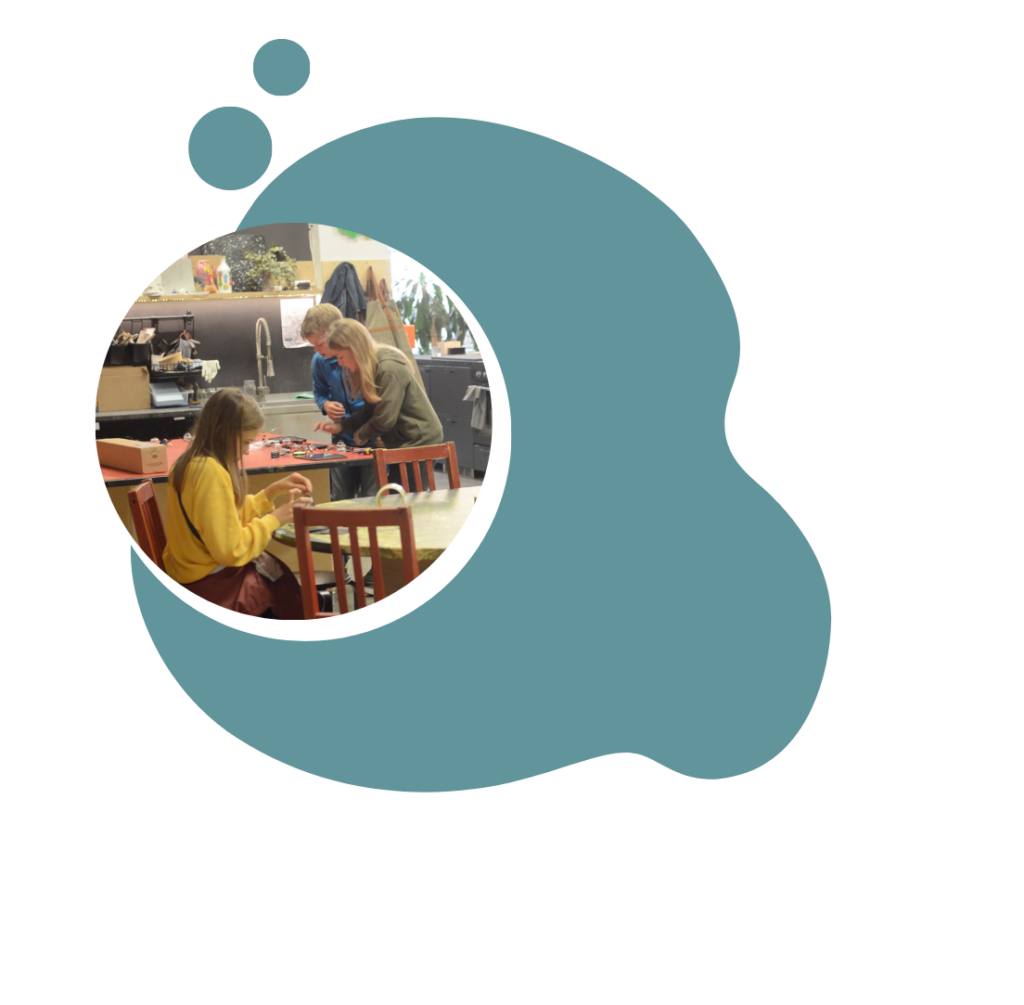Putting children’s rights of participation and self-determination at the centre
Democratic education is an education philosophy, shaped around the consideration of children as whole, competent beings equipped with the curiosity and the motivation to be able to be themselves, to find who they are and pursue their happiness. In this sense, democratic education gives the same rights to children as to adults – provided that children can sustain the responsibility connected with the corresponding right. Teachers and learners, all together, form a community of equals in which children directly contribute to school governance and decision-making processes. Teachers thus embrace a guidance role, leading students towards freedom and emancipation rather than simply instructing them. Additionally, learners’ right to a healthy and safe education, fostering their long-term mental, emotional and physical well-being is fundamental to the democratic education pedagogy.
While conventional education tends to promote passive learning, relying solely on extrinsic motivation from teachers, democratic education seeks to trigger intrinsic motivation, proven to lead to higher knowledge retention and the development of transversal skills. Learners are encouraged to participate in the design, implementation, and evaluation of their learning experiences. Together with teachers, they form a community of equals in which they directly and autonomously contribute to school governance and decision-making processes. Teachers thus embrace a guidance role, leading learners towards freedom and emancipation.

Democratic education seeks to foster healthy democratic societies. Its primary objective is to enable students to take charge of their education as a means to equip them for participation and responsible action in society. Children from a very young age learn to articulate their views, collaborate, and negotiate agreements through democratic community processes in which each participant has an equal voice and vote. Learners therefore not only learn about democracy but practise it regularly, seeing their voice constructively affecting their school environment. Consequently, citizenship skills are developed in the long-term, such as integrity, respect, cooperation and critical thinking.
QUEST’s work rests on the vision of an EU education landscape where young people’s right to self-determination would be safeguarded, their voices heard and included in the decision making processes. Children would therefore grow with the intrinsic motivation to develop their skills, learn, play and find their place in the world. In the long-term, this would give rise to generations of resilient individuals, endowed with the social, scientific, and emotional skills needed for the preservation of healthy cooperative democracies as well as their living environments.
FURTHER RESOURCES
Democratic education has already been integrated within public education systems. For instance, the Suvemäe-TKG school in Estonia, opened in Tallinn in 2019 as a democratic branch within the larger traditional school. There, students have the opportunity to participate in the school’s life and governance. Within weekly school assemblies, the learning process, content and method are discussed and decided jointly with the students. Disagreements are solved and discussed in mediation circles, in which cooperation and emotional skills are shaped.
The school benefits from a negotiated curriculum made of 3 learning arrangements:
Finally, school assessments diverge from traditional methods while aligning with the national curriculum. Instead of numerical grading, evaluation relies on ongoing student-coach dialogues focused on individual skills and outcomes. Students self-assess their achievements, collaborating with coaches to refine their learning paths. Throughout the year, assignments are compiled into a study folder, culminating in a thesis. Parents receive regular updates on their child’s progress, and mock exams aid in identifying areas for improvement. State-mandated tests occur at specific grade levels.